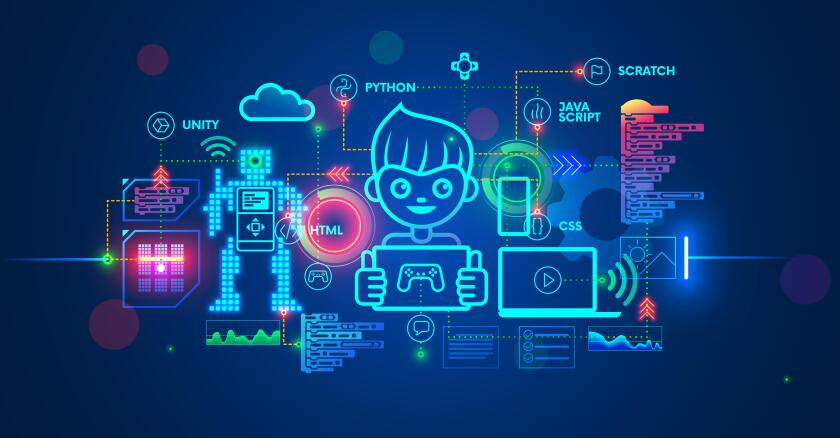The largest share of the money, $500,000, went to the first-place team Adaptive Experimentation Accelerator from Raleigh, N.C., , for its “MOOClet” toolkit invention. Members include representatives from North Carolina State University, University of Toronto and Carnegie Mellon’s Open Learning Initiative.
According to a news release, the winning entry “democratizes the contribution of ideas from many teachers, students and scientists, then experimentally tests which ideas work for which students. Artificial intelligence algorithms analyze data to adapt experiments in days versus months. This aims to test more ideas more quickly, and to use promising data to more rapidly get better approaches to students.”
The Digital Learning Challenge, a virtual event now in its third year, incentivizes teams to accelerate, modernize and improve technology that benefits education using AI and big data. The theme of the 2023 contest was ”Accelerate and Modernize: New Methods to Assess Student Learning Outcomes.“
The other two finalists were each awarded $125,000, and the three teams previously shared a $250,000 prize when they were announced as finalists in September. The contest began with 10 teams. Each had six months to demonstrate their capabilities in an accredited education setting, and then one month to launch a study with at least one unique student demographic, according to the statement. A panel of education and technology experts judged the entries.
Finalist entry “Terracotta,” invented by a team from Indiana University, allows researchers and teachers to conduct experimental studies across courses and a wide range of student ages “using local materials and authentic teacher-created assessments,” according to the news release.
Finalist “UpGrade,” by Carnegie Learning of Pittsburgh, compares the efficiency of various learning materials, including lesson content, videos and algorithms, during active classroom learning and determines which measures work best for individual students.
“Through their participation and success in the Digital Learning Challenge, each of these teams has helped make advancements in technology to improve the ways that educators teach and that students learn,” Mark Schneider, IES director, said in the statement. “These teams have laid the groundwork for a new phase of experiments of frequency, scope and scale not possible through traditional methods of education research, which will ultimately lead to better experiences and outcomes for all learners.”















